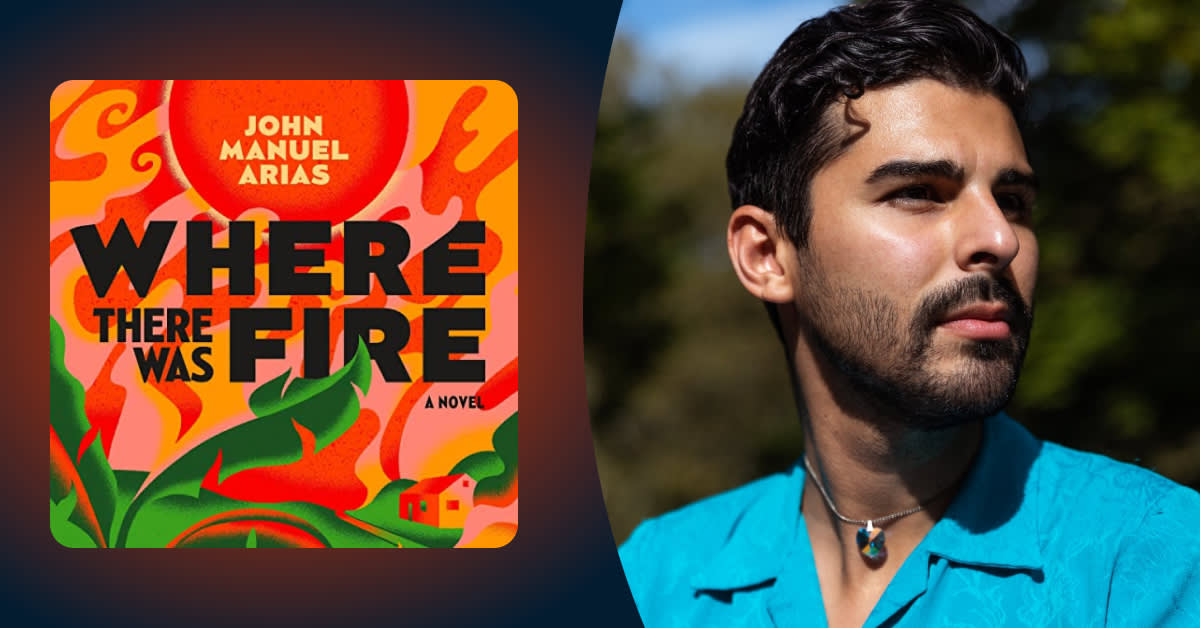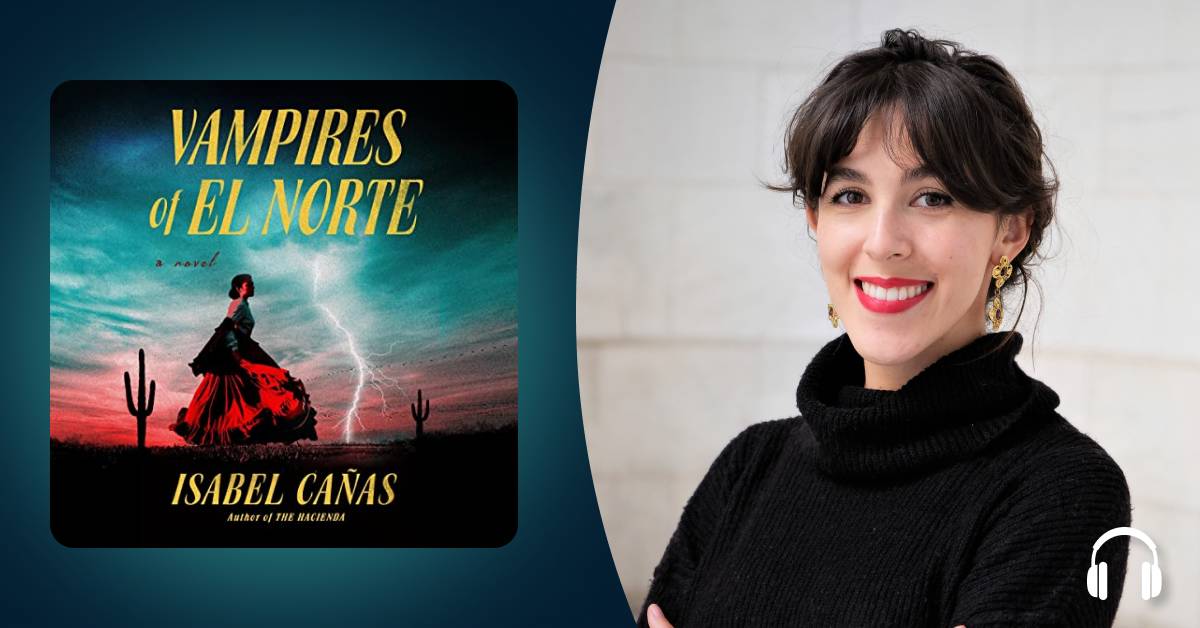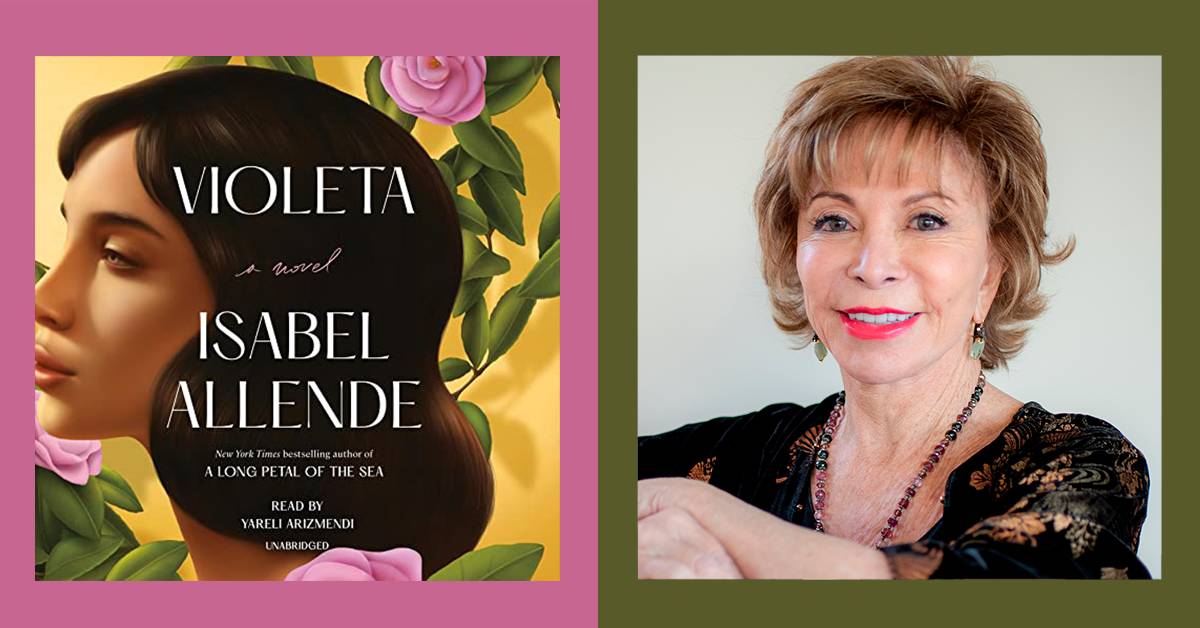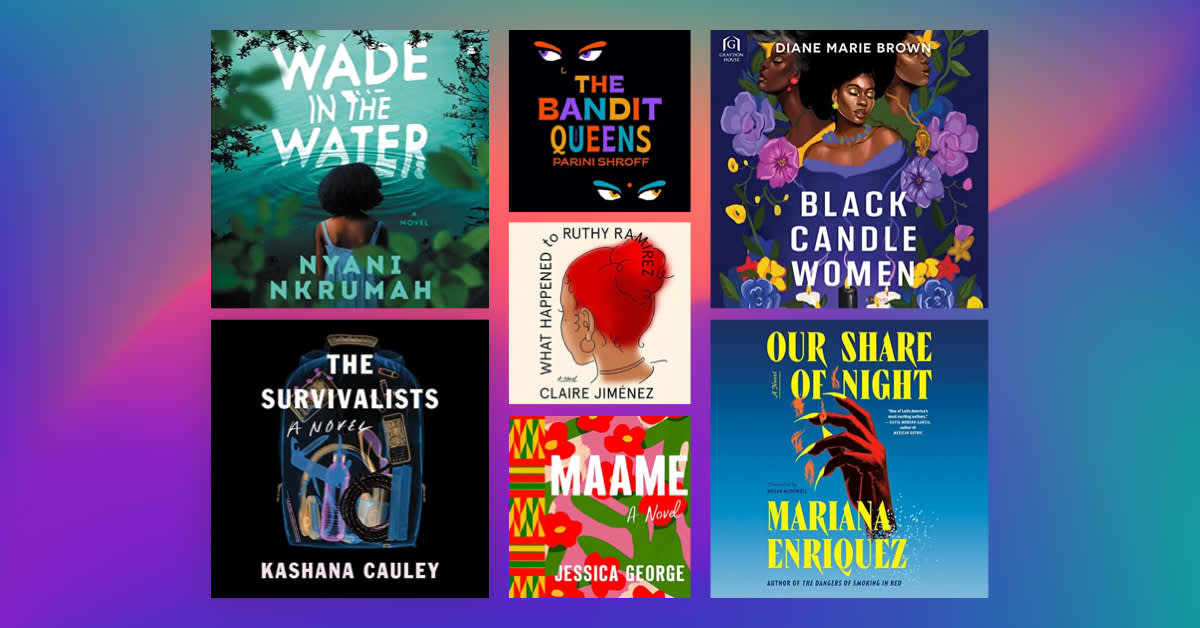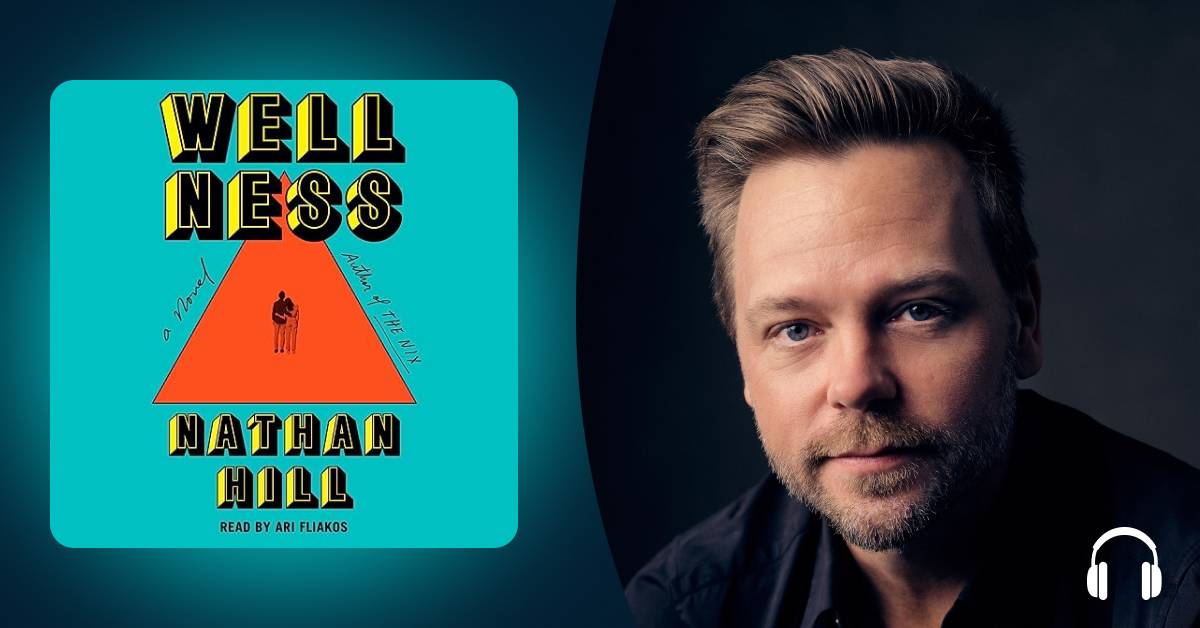In his debut novel Where There Was Fire, poet John Manuel Arias takes listens on a journey of discovery through time as one family tries to solve the mystery of the fire that has been ravaging them for generations. Here, the author explains the historical context and supernatural inspiration behind this Costa Rican family saga.
Tricia Ford: Where There Was Fire is your debut novel, but you’re also a poet. What about this story lends itself to the novel form vs. poetry?
John Manuel Arias: This is my favorite question—and there are two answers!
I’m an associative poet—in the simplest terms, it means that my poetry doesn’t have a definable or immediately recognizable narrative structure. I use associations to guide a reader through the poem, using images, repetition, or symbols.
I also don’t believe in linear time. I believe all time is happening concurrently—past, present, and future playing out in the same moment. The human brain is a sort of time machine—our memories can be triggered as we experience a present event, and afterwards, our mind can jump to the future by our wants and dreams and goals. I would also argue it’s a cultural phenomenon—Latin Americans don’t approach time linearly, especially when storytelling.
So creating a novel architecture without linear time meant that I needed events or symbols important enough that I could use them as associations to ground a reader in the narrative. The dry heat of a night on fire or the tinny of raindrops the size of balloons on tin roofs— these sensory associations allow the reader to subconsciously time travel throughout the novel, the same as they would do in a poem.
Historical fiction often involves lots of research and fact finding. What were your sources, and how did you go about this part of the writing process?
In the novel, one of the main characters, Lyra, is on a journey of discovery. While trying to solve the mystery of the night that ruined her family, she unearths piles of documents that reveal the wicked truth of the fictional American Fruit Company.
Learning about the actual multinational fruit conglomerates—Chiquita Bananas, formerly the United Fruit Company, and Dole Fruit, formerly the Standard Fruit Company—was as horrifying, to be honest. From the 2009 documentary Bananas! to personal accounts from Costa Ricans affected by Nemagon (a pesticide used by these fruit companies on their banana plantations), there exists a century of intentionally buried truths that I hope to bring to a global light.
Duke University Press was especially helpful in my research. Their Latin American Studies catalog is unmatched, and The Costa Rica Reader and Banana Wars were invaluable sources. These historical and anthropological texts, combined with anecdotes told at my grandmother’s kitchen table, provided an essential foundation to this novel.
The official bio on your website mentions how you’ve lived in Washington, DC, Brooklyn, New York, and in San José, Costa Rica, with your grandmother and four ghosts. Can you tell us about these ghosts?
I lived with my grandmother for four years following college, with the intention of finishing my novel. While I’d vacationed there for summer months throughout my life, I’d never been privy to the silence of the halls at night—the coins one hears being tossed to the floor outside the door.
My father and his three younger brothers were born in my grandmother’s house. Her father, mother, brother, and husband all died in that house. It goes without saying that the house has a palpable, spiritual charge. I’d wake up at night [feeling] cold, because while I slept, my sheets had been pulled from me and folded perfectly on the floor at the foot of the bed. You see their shadows flash in the convex television screen, or a man with blue jeans wander along an outdoor corridor at the edge of the property. I’ve even woken up to one staring back at me from across my room—but since my grandmother isn’t troubled by their presence, and since they’ve never harmed me or even hinted at any malicious intention—I merely sucked my teeth and went right back to sleep.
Do you have a favorite listen of 2023 to recommend and why?
Last year I read Angie Cruz’s How Not to Drown in a Glass of Water and absolutely loved it. But listening to the audiobook on Audible this year added a new, delicious dimension unlocked by Rossmery Almonte’s delivery. Cara Romero will go down as one of literature’s most incredible narrators, and Almonte did it such justice. Totally worth the listen!
